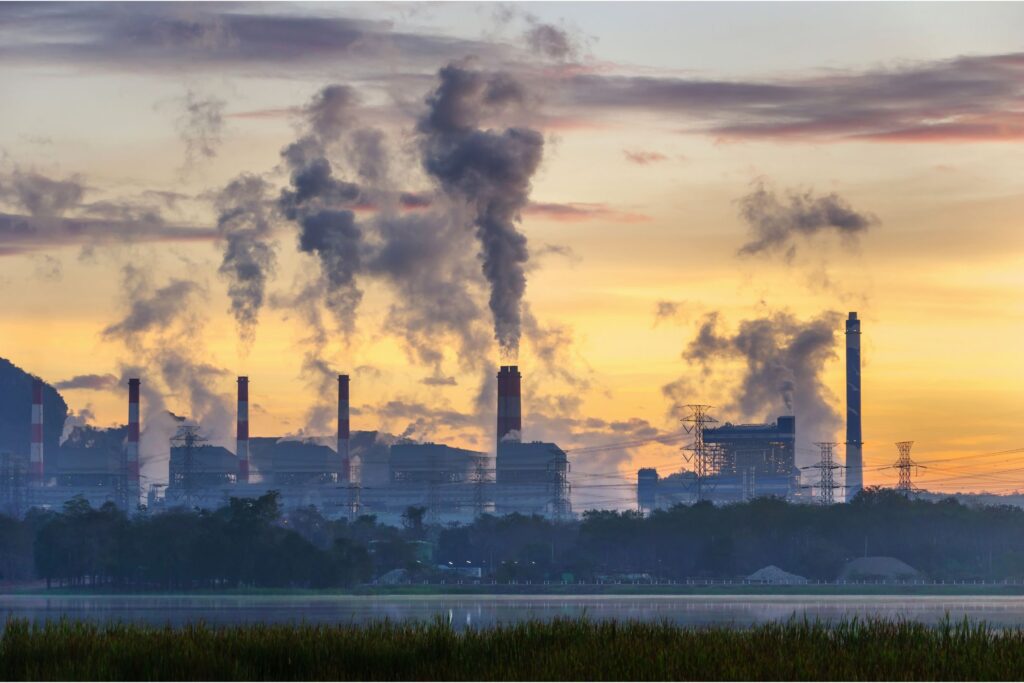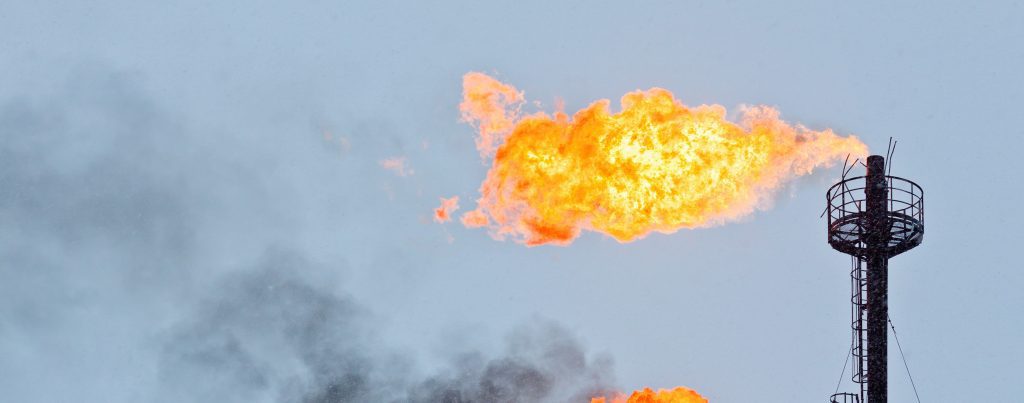Last week, Canada had one of its largest oil spills ever. And this was from a brand-new, state–of-the-art pipeline owned by tar sands oil company, Nexen. The spill is an important reminder of how misleading the oil industry’s promises about safety are.
As opposition to risky pipelines and tar sands expansion has grown in Canada in recent years, Canadians have been increasingly bombarded with empty talking points about oil industry safety. Oil companies, pipeline operators and government alike boast about their commitment to developing Canada’s resources ‘responsibly.’ Familiar slogans tout ‘responsible resource development’ ‘world class safety’ and ‘state-of-the-art’ technology.
What’s responsible about spilling more than 5 million litres of tar sands slurry into the ecosystem? What’s state-of-the-art about a leak detection system that failed, allowing a spill to continue for two weeks before it was discovered by someone walking by? What’s world class about safety regulators that haven’t meaningfully responded to prevent repeated spills like this?
Industry’s slogans may sound nice but none of their claims are true. The slogans are just slick spin by the oil industry.
No industry or government catchwords change the facts. Producing tar sands oil releases significant quantities of carbon pollution into our atmosphere, polluting the air while consuming, disturbing and contaminating vast amounts of water and land.
Transporting tar sands bitumen carries significant risks for people and the environment no matter which method of transportation is used. These are real risks for the health and safety of Canadians, for the environment and our economy.
Oil pipelines, like the one owned by Nexen, can and do rupture at high pressure, releasing vast quantities of oil onto land, lakes and rivers. In recent years we have seen major spills from so many familiar pipeline operators including TransCanada, Enbridge, Exxon, and Kinder Morgan.
The question must not be how we develop or move oil in Canada, but if we should. Canada’s oil industry wants to recklessly expand the tar sands for export. If industry gets its way and triples tar sands expansion by 2030, it will cause carbon emissions to climb by 250 per cent. This will make it impossible for Canada to meet its commitments to address climate change, while putting communities across the country at direct risk.
The good news is that expansion of the tar sands is not inevitable. We can say no to more oil pipelines, oil-trains and the polluting tar-sands production they facilitate. And we can say yes to building a low carbon economy powered by clean energy.
You can help! Take action here.







